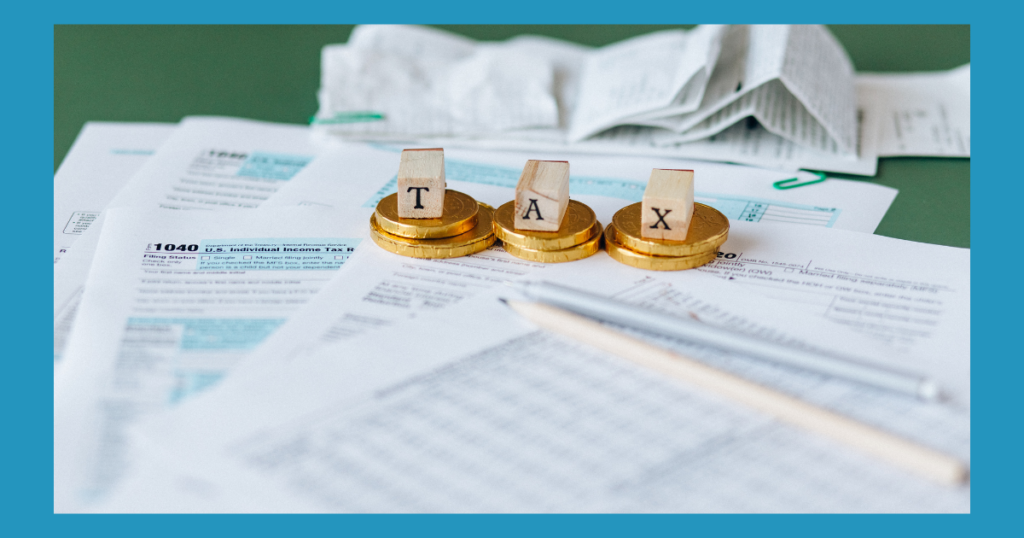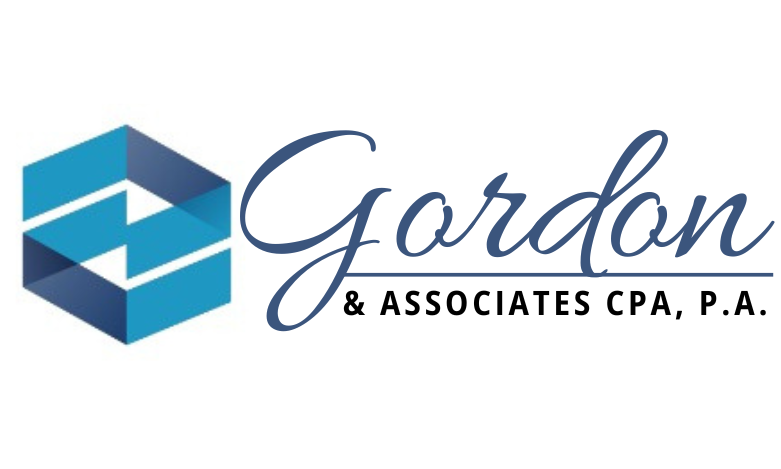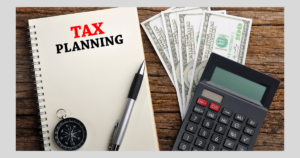The Importance of Tax Preparation: A Guide for Individuals and Businesses

Tax preparation is more than just a once-a-year chore—it’s an essential part of managing your finances effectively. Whether you’re an individual taxpayer or a business owner, taking the time to prepare your taxes properly can save you money, ensure compliance with the law, and even uncover opportunities for financial growth. This guide explores the importance of tax preparation and offers tips for making the process as seamless and efficient as possible.
What is Tax Preparation?
Tax preparation is the process of gathering financial information, organizing relevant documents, and completing your tax return to comply with local, state, and federal tax laws. It includes:
- Calculating taxable income.
- Identifying eligible deductions and credits.
- Ensuring all income and expenses are accurately reported.
Why It Matters:
- Avoids penalties for errors or missed deadlines.
- Maximizes tax refunds or minimizes tax liability.
- Ensures compliance with complex and changing tax laws.
Benefits of Proper Tax Preparation
1. Avoid Costly Mistakes
Errors on your tax return, such as incorrect calculations or omitted income, can lead to penalties or an audit. Proper preparation ensures accuracy and reduces the risk of mistakes.
2. Maximize Deductions and Credits
Tax preparation helps identify deductions and credits you may be eligible for, such as:
- Child Tax Credit
- Education Credits
- Business-related deductions (home office, travel, and equipment expenses)
Tip: Keep detailed records throughout the year to claim every eligible deduction.
3. Save Time and Reduce Stress
By staying organized and preparing ahead of time, you can avoid the last-minute rush and the stress that comes with it.
4. Plan for the Future
Tax preparation isn’t just about the current year—it helps you plan for the future by identifying ways to optimize your financial situation.
Steps for Effective Tax Preparation
1. Gather All Necessary Documents
Ensure you have all relevant financial documents, including:
- W-2s or 1099s for income
- Mortgage interest statements (Form 1098)
- Investment income statements
- Receipts for deductible expenses
2. Organize Your Records
Create a filing system to organize your documents. Use categories such as:
- Income
- Expenses
- Deductions and Credits
3. Stay Updated on Tax Laws
Tax laws change frequently, and staying informed is crucial to taking full advantage of deductions and credits while ensuring compliance.
4. Use Tax Preparation Tools or Professionals
Depending on the complexity of your return, you can:
- Use tax preparation software like TurboTax or H&R Block.
- Hire a CPA or tax advisor for expert guidance.
Tax Preparation for Business Owners
Business owners have unique tax preparation needs due to the complexity of business deductions, credits, and reporting requirements.
1. Track Income and Expenses
Use bookkeeping software to maintain accurate records of your business transactions.
2. Separate Personal and Business Finances
Open a dedicated business bank account to streamline tax preparation and avoid mixing personal and business expenses.
3. Plan for Estimated Taxes
Pay quarterly estimated taxes to avoid penalties and manage cash flow effectively.
Common Tax Preparation Mistakes to Avoid

Missing Deadlines: Filing late can result in penalties and interest.
Failing to Report All Income: Ensure all sources of income are included.
Overlooking Deductions and Credits: Missing eligible deductions can increase your tax liability.
Incorrect Filing Status: Choose the status that best fits your situation (e.g., single, head of household).
When to Seek Professional Help
While some taxpayers can handle their own returns, hiring a professional is beneficial if:
- You have multiple income streams (investments, rental properties, etc.).
- You own a business or are self-employed.
- You’ve experienced major life changes, such as marriage or starting a family.
Tip: A CPA or tax advisor can provide personalized strategies to optimize your tax return.
Tax preparation is a crucial part of financial management that impacts your current and future financial health. By staying organized, leveraging deductions and credits, and seeking professional assistance when needed, you can ensure a smooth and stress-free tax season. Don’t wait until the last minute—start preparing today to maximize your savings and avoid unnecessary complications.
Need help with tax preparation? Contact us today for expert advice and tailored solutions for your personal or business taxes.
Subscribe to our newsletter to receive our latest blog directly to your inbox.
- Business Financial Management
- Regulations and Compliance
- Tax Planning and Compliance
- Tax Planning and Strategies
- Conducting a Comprehensive Year-End Financial Review: A Guide for Small Business Owners
- Developing an Effective Budget for the New Year: A Step-by-Step Guide for Small Business Owners
- Improving Cash Flow During the Holiday Season: Practical Tips for Small Business Owners
- Year-End Bonuses: Best Practices for Small Businesses
- Year-End Tax Planning Tips for Small Businesses






